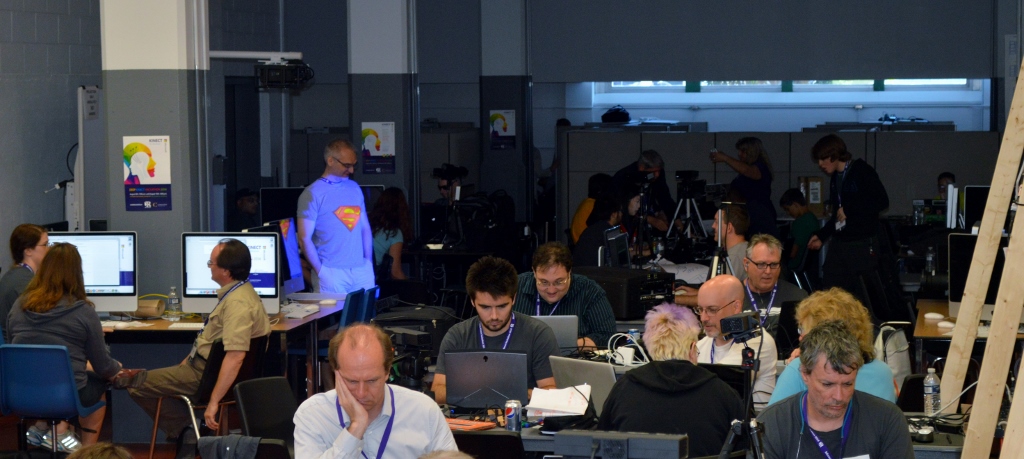The promise of generative AI technologies is seductive to product leaders: frictionless research in which...


The promise of generative AI technologies is seductive to product leaders: frictionless research in which...

This article shares an innovative, community-centered method for research, sensemaking, and innovation in social...

I begin with some questions: how have the theories and methods which subtend design research been changed by their migration from academy to industry? How have they adapted to their new commercial culture? What languages and customs have they had to acquire to fit in? To address these questions, I...

This paper integrates arts-based methodologies into research and design, bringing new ways of knowing to the...

This paper assesses listening from an ethnographic perspective and demonstrates its value and applications across...

Overview Understanding how people use and engage with their physical surroundings adds depth and dimension to your ethnographic analysis, enabling you to design better products and services. This tutorial...

I spent 44 hours with hackers to learn that everything I thought I knew about hacking was wrong. In the process, I learned that events like hackathons represent a similar social hub to those Jan Chipchase identifies in his book Hidden in Plain Sight. These hubs help researchers find their feet...

In the following, we suggest that the product of ethnographies undertaken for commercial and industrial purposes is under threat of losing its integrity. The sorts of results furnished through ‘applied ethnography’ and those resulting from methods like focus groups, interviews, questionnaires,...

While research practitioners remain deadlocked in old debates about the incompatibility and validity of qualitative versus quantitative research, streams of real-time data are overwhelming leading companies with individual-level insights at a scale and velocity impossible to achieve with...

As researchers working on automated vehicles, we are grappling with fundamental questions about how to do research and design for the future. Or, to be more precise, how can we tap into and participate in futures that are in the process of being made, that may both reproduce and rearrange...